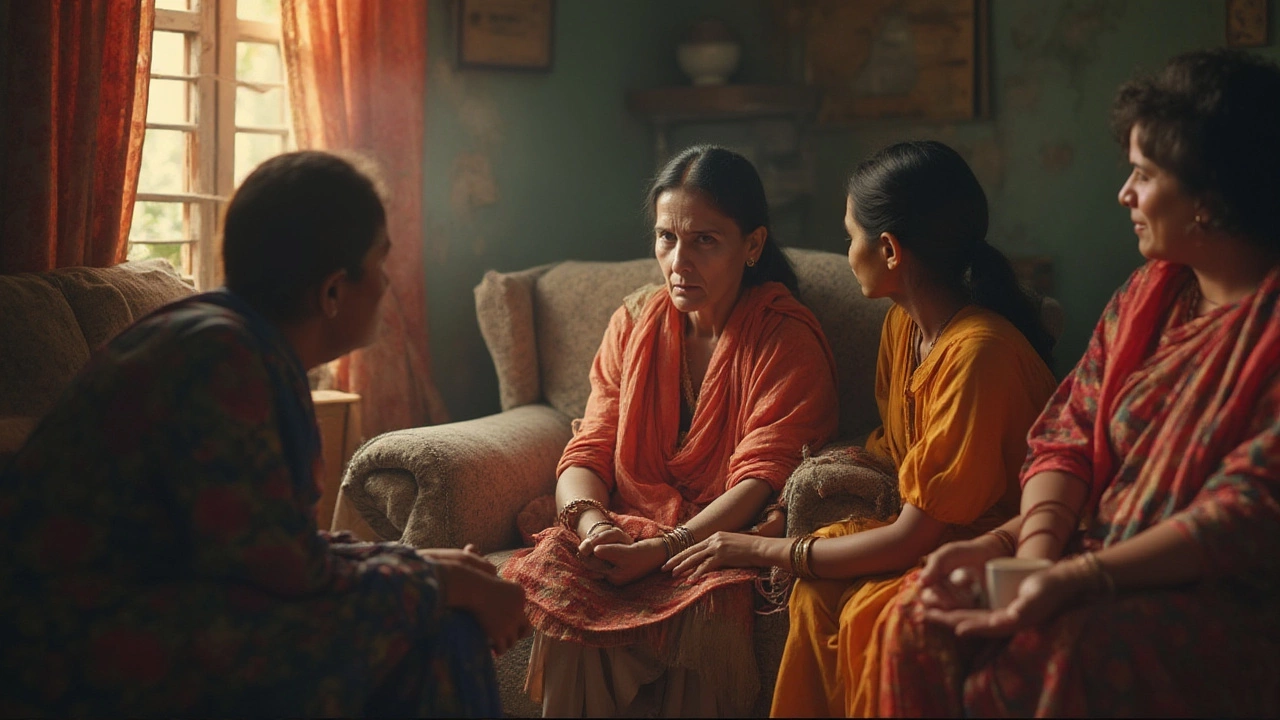Terminal Cancer Support: Real‑World Help for Patients and Caregivers
If you or a loved one has just heard the words "terminal cancer," the world can feel like it’s falling apart. You’re probably wondering where to start, who to call, and how to keep everyday life from crashing. The good news is you don’t have to figure it all out alone. Below are simple steps you can take right now to get the right care, emotional backup, and practical assistance.
What You Need Most When the Diagnosis Arrives
First, focus on clear communication with the medical team. Ask the doctor to explain the prognosis in plain language, write down the treatment options, and note who will handle pain control. Knowing exactly what to expect stops a lot of anxiety and lets you plan ahead.
Second, give yourself permission to feel. Shock, anger, sadness, and even relief can surface at the same time. Talking to a therapist, a counselor, or a trusted friend can keep those feelings from bottling up. If you prefer a group setting, many hospitals run support circles where families share stories and coping tricks.
Third, sort out the paperwork early. Advance directives, power of attorney, and a living will let you choose the kind of care you want without leaving tough decisions to others later. Most hospitals have a social worker who can walk you through the forms and answer questions in simple terms.
Where to Find Help Right Now
Hospice care is the most common resource for terminal patients who want comfort over aggressive treatment. A hospice team usually includes doctors, nurses, a pain specialist, a counselor, and volunteers who help with meals, housekeeping, and transportation. Call your local hospice office or ask your doctor for a referral; many programs start within a few days.
Online platforms like the Indian Cancer Society, Cancer Patients Aid Association, and local state health portals list free helplines, emergency contacts, and community groups. These sites also host webinars on pain management, nutrition tips, and legal advice.
If money is tight, explore government schemes such as the Ayushman Bharat Pradhan Mantri Jan Arogya Yojana (PMJAY), which covers many palliative procedures. Charities like the Red Cross and Rotary Club often have funds for medication, travel, or home‑care equipment.
Don’t forget the power of everyday comfort. Simple things—soft blankets, favorite music, aromatherapy oils, and a calm room—can make a huge difference in mood. Encourage the patient to stay as active as they feel comfortable, even if it’s just sitting up in a chair and looking out the window.
Lastly, take care of yourself. Caregiver burnout is real, and it’s okay to ask for a break. Schedule short rests, eat regular meals, and reach out to other family members for short‑term help. When you’re rested, you’re better able to support your loved one.
Facing terminal cancer is one of life’s toughest challenges, but with clear information, a solid support network, and a few practical steps, you can turn overwhelming uncertainty into manageable, compassionate care.

The Last 6 Months of Cancer: What to Expect, Symptoms, and Care Tips
Wondering what actually unfolds in the last 6 months of cancer? Learn about the real physical, emotional, and practical changes, caregiving tips, and what to expect.

Discovering the Top Diabetes Medication in 2025
Jan, 3 2025

Top 3 Survivable Cancers: Understanding and Hope
Mar, 8 2025

Heart Surgery Duration: What to Expect
Jan, 7 2025

